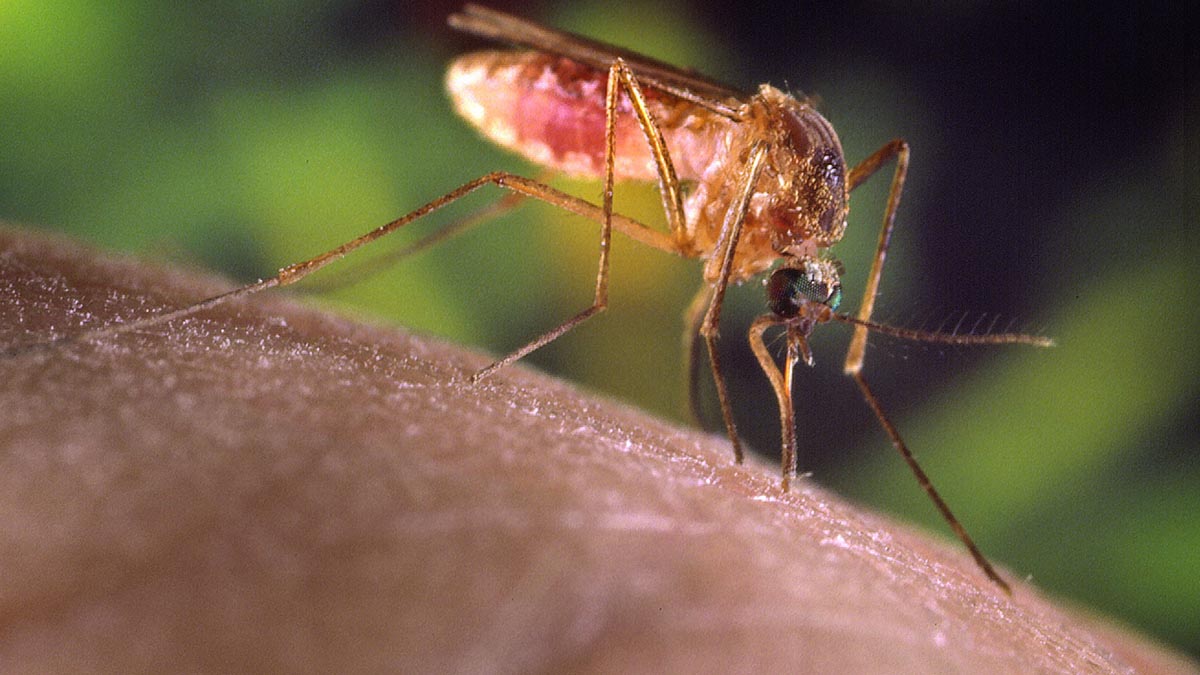New York Resident Dies from Rare Mosquito-Borne Illness: First Case in Nearly a Decade
The state of New York has reported its first confirmed human case of Eastern equine encephalitis (EEE) in nearly a decade, resulting in the death of a resident in Ulster County. This case, confirmed by the state Health Department on September 20, marks the first confirmed human case since 2015.
Following the confirmation, Governor Kathy Hochul declared an imminent threat to public health for EEE, activating multiple state agencies to expand access to insect repellant at public areas like campgrounds and parks. The state is also increasing signage about EEE at state parks and visitor centers, and mosquito spraying efforts will continue from September 30 through November.
What to Know about EEE
Most people infected with EEE don't experience symptoms, but some can develop fever or swelling of the brain. About one-third of people infected with EEE die. The virus typically spreads in swamps and is not very common around the world. There is no commercially available human vaccine for EEE.
The CDC recommends the following to protect yourself from mosquito bites:
- Use an EPA-registered insect repellent
- Wear pants and long sleeve shirts outdoors
- Limit activity outdoors from dusk to dawn, when mosquitoes are most active
While EEE is a serious concern, it is important to note that the case count for EEE is on par with previous years. Only a handful of cases are reported in the U.S. annually.










Comments
Join Our Community
Sign up to share your thoughts, engage with others, and become part of our growing community.
No comments yet
Be the first to share your thoughts and start the conversation!